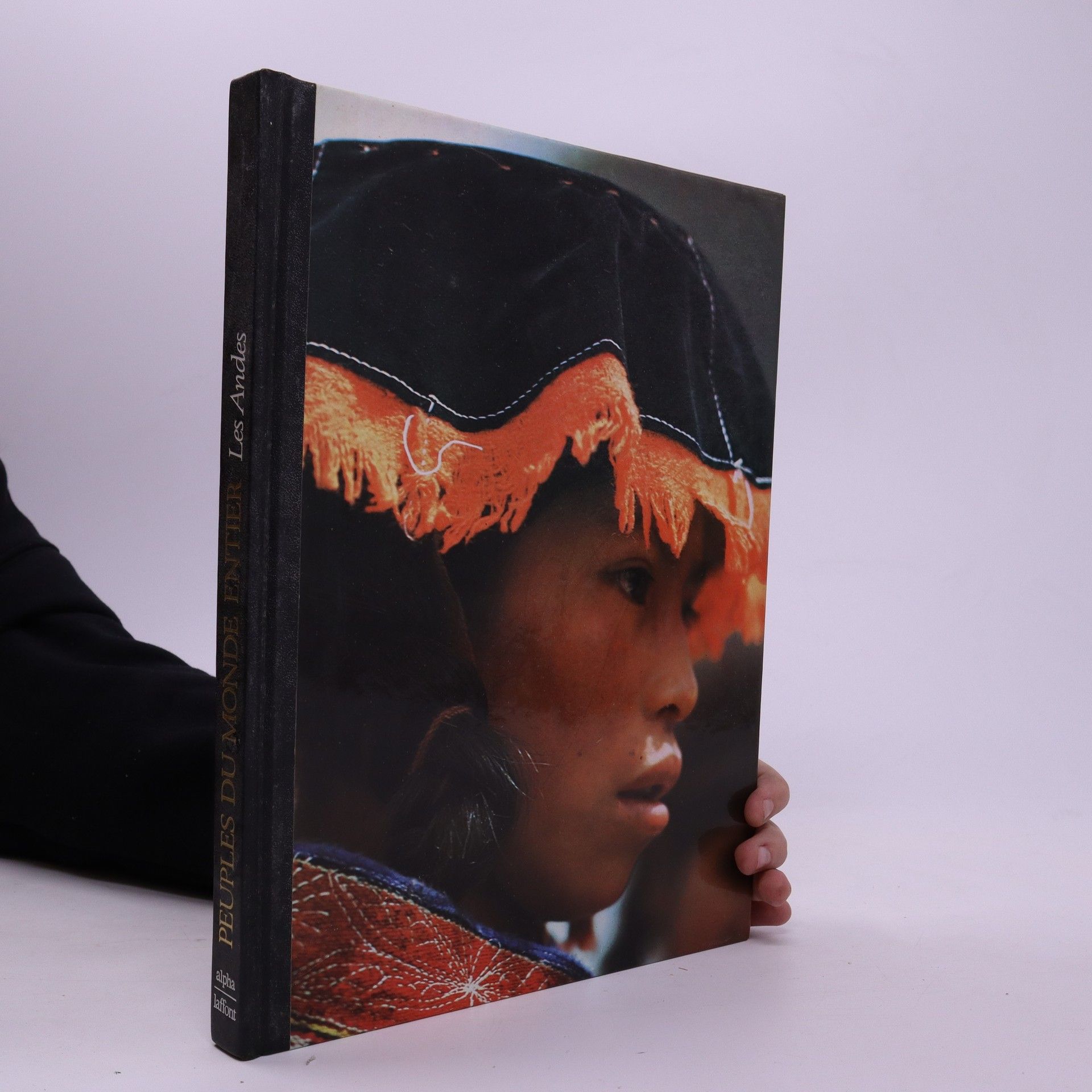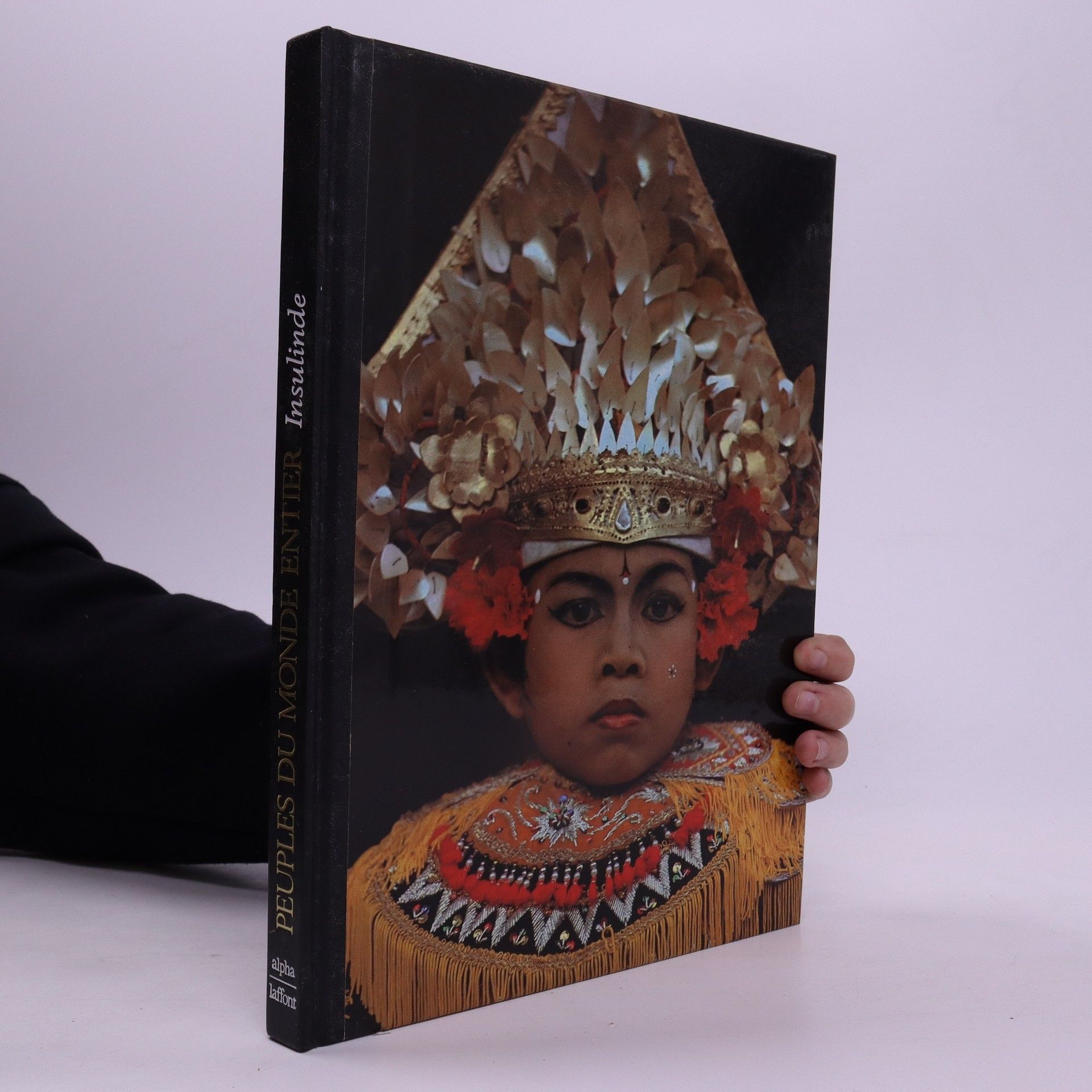"Since its first publication in English in 1954, Marcel Mauss's Essai sur le Don has been acclaimed as a classic among anthropology texts. A brilliant example of the comparative method, it presents the first systematic study of the custom -- widespread in primitive societies from ancient Rome to present-day Melanesia -- of exchanging gifts." "The gift is a perfect example of what Mauss calls a total social phenomenon, since it involves legal, economic, moral, religious, aesthetic, and other dimensions. He sees the gift exchange as related to individuals and groups as much as to the objects themselves, and his analysis calls into question the social conventions and economic systems that had been taken for granted for so many years." "In a modern translation, introduced by the distinguished anthropologist Mary Douglas, The Gift is essential reading for students of social anthropology and sociology. Book jacket."--Jacket
Edward E. Evans-Pritchard Books
E. E. Evans-Pritchard was an English anthropologist who was instrumental in the development of social anthropology. His work focused on understanding the intricate social structures and belief systems of diverse cultures. Through meticulous fieldwork and detailed analysis, he contributed to a deeper appreciation of human diversity and social organization. His legacy lies in his approach to examining and interpreting societal phenomena, laying groundwork for future generations of anthropologists.


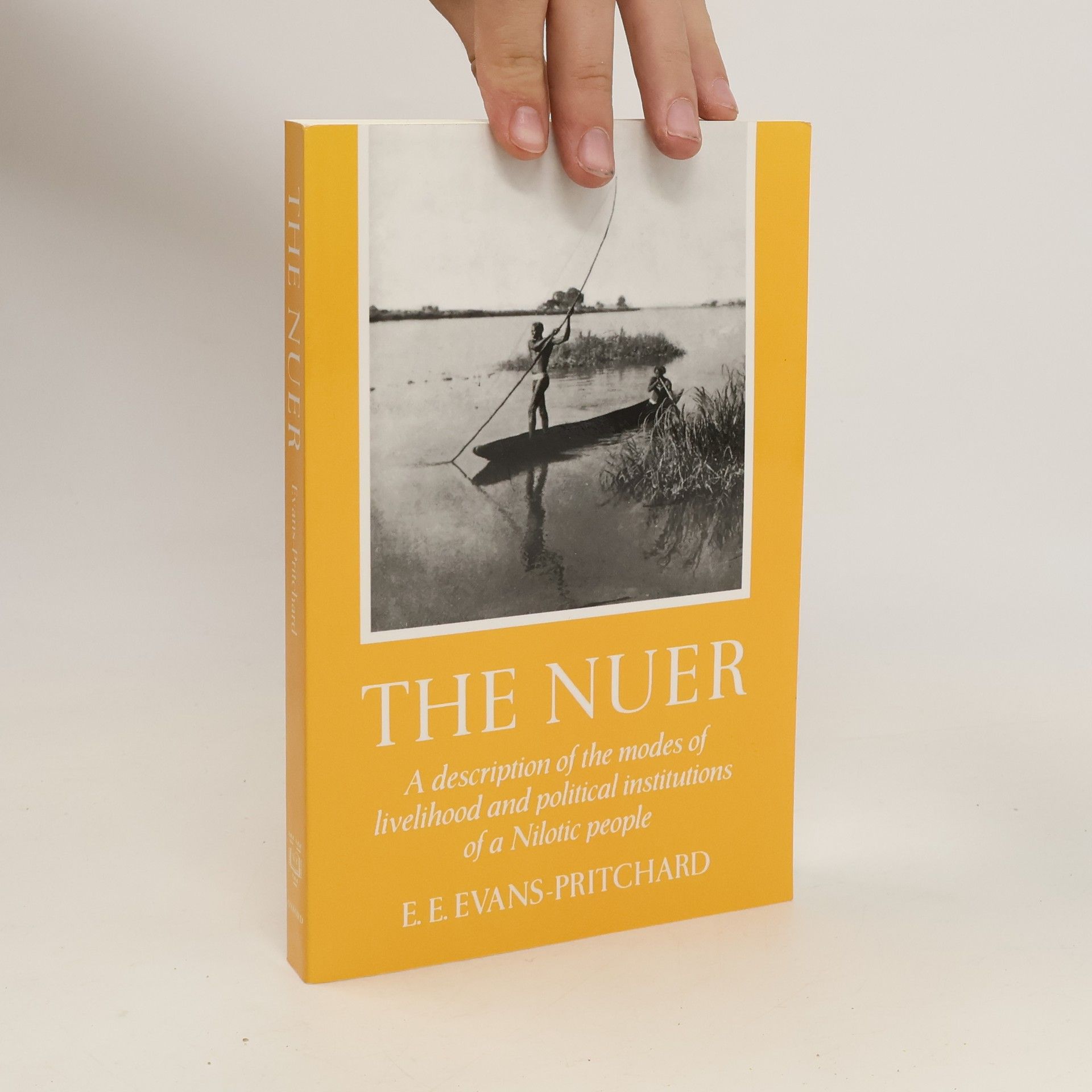

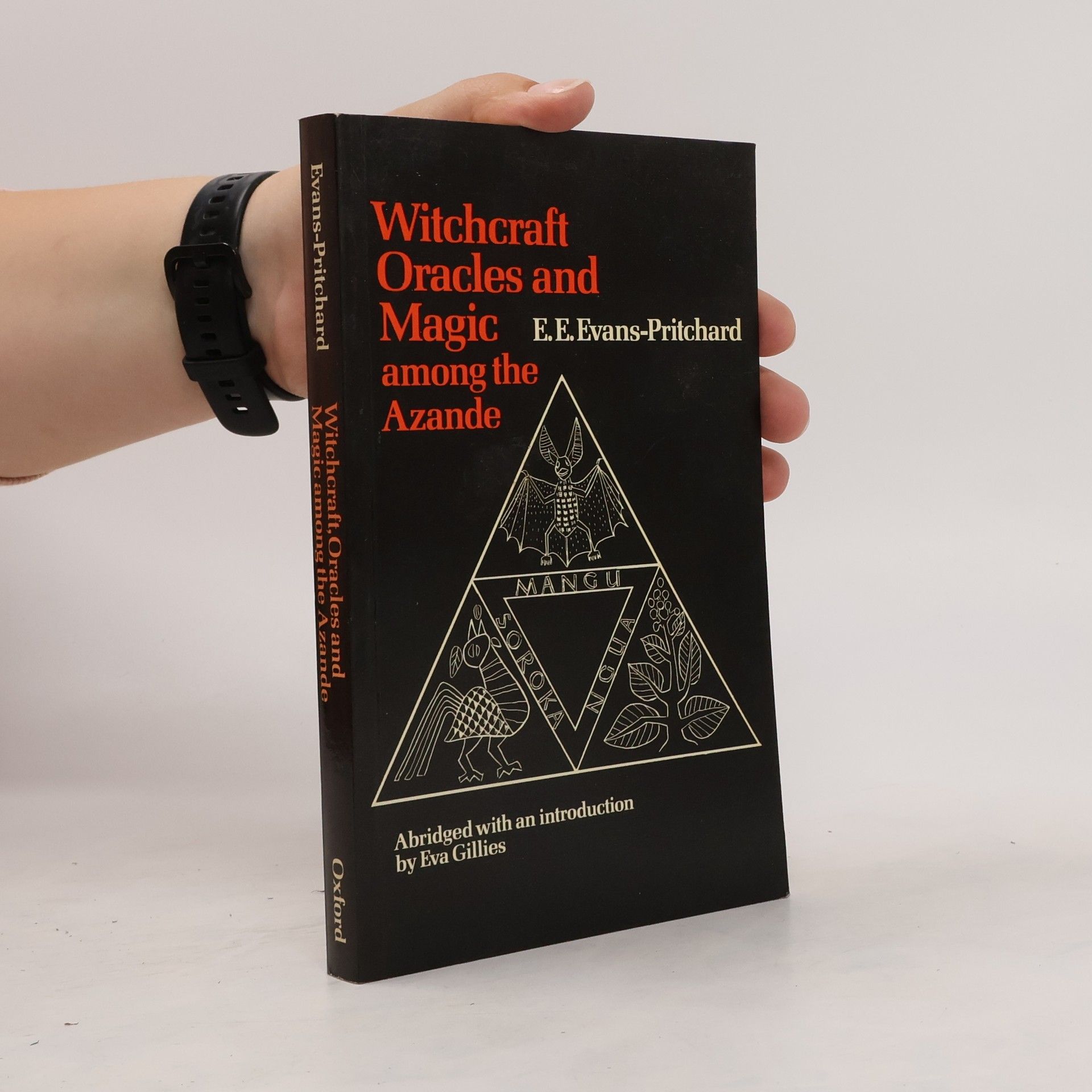
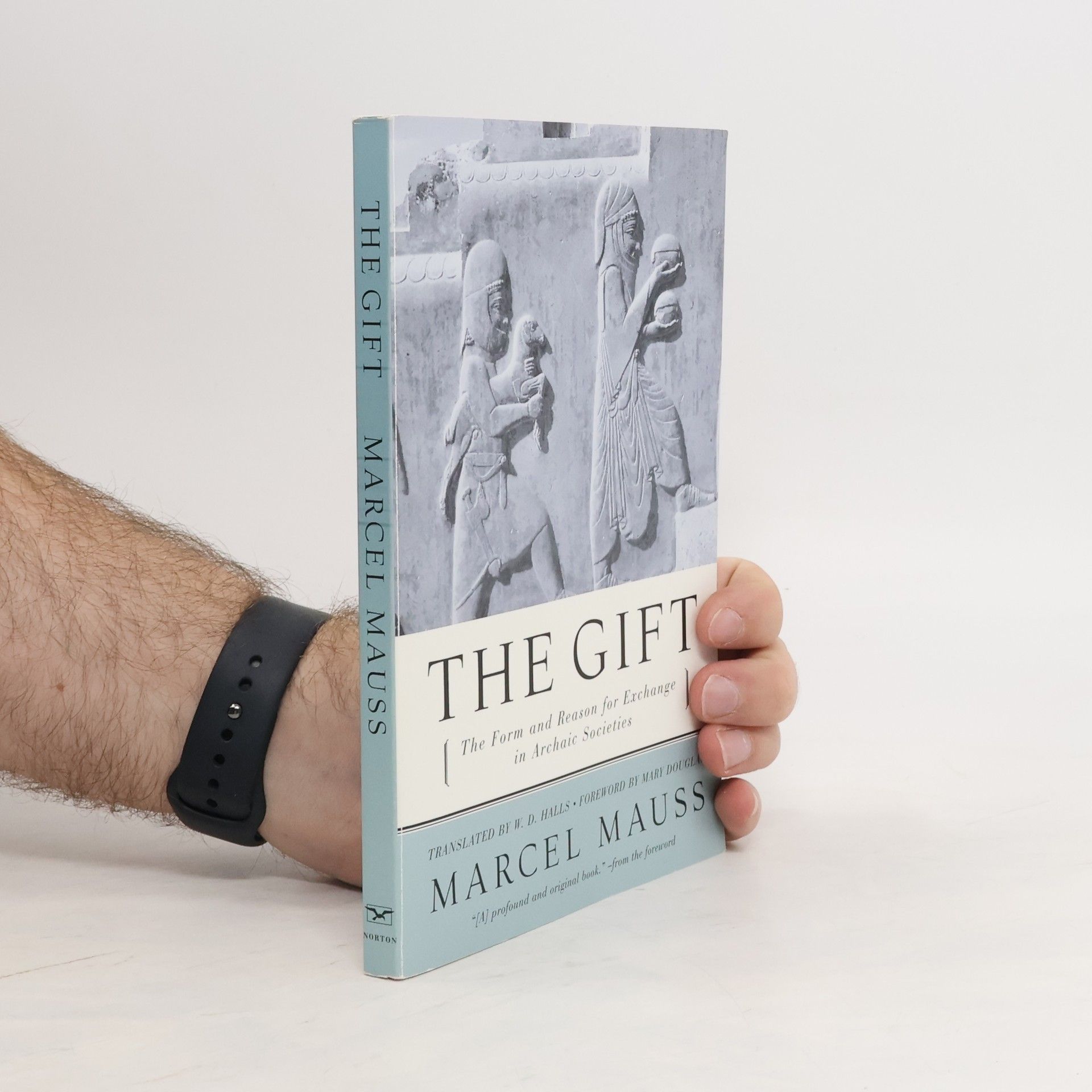
An abridged version of the 1937 an-thropological study of the Azande of the southern Sudan, the theoretical insights of which have proven increasingly influential among both anthropologists and others
Nuer Religion
- 384 pages
- 14 hours of reading
The Nuer
- 284 pages
- 10 hours of reading
This work has been selected by scholars as being culturally important, and is part of the knowledge base of civilization as we know it. This work was reproduced from the original artifact, and remains as true to the original work as possible. Therefore, you will see the original copyright references, library stamps (as most of these works have been housed in our most important libraries around the world), and other notations in the work. This work is in the public domain in the United States of America, and possibly other nations. Within the United States, you may freely copy and distribute this work, as no entity (individual or corporate) has a copyright on the body of the work.As a reproduction of a historical artifact, this work may contain missing or blurred pages, poor pictures, errant marks, etc. Scholars believe, and we concur, that this work is important enough to be preserved, reproduced, and made generally available to the public. We appreciate your support of the preservation process, and thank you for being an important part of keeping this knowledge alive and relevant.
Theorien über primitive Religion
- 177 pages
- 7 hours of reading
